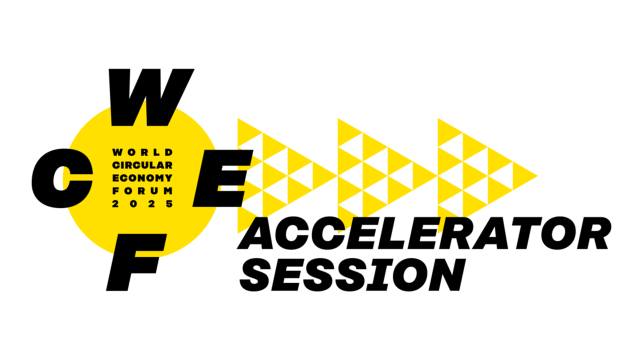Writing a sustainable future - fiction for climate action
Professor of Sustainable Business Denise Baden explains how her latest novel uses fiction to explore climate facts

As a professor of sustainable business, I toyed with the idea of renaming myself professor of unsustainable business, as too often green alternatives turn out to be greenwash or prevent one problem by creating another. As an outlet for my fears, I began writing my own roadmap to a sustainable future drawing on what I’ve learned though years in business, my PhD in psychology and 1st degree in politics and economics. It began as a memoir called ‘Confessions of a Climate Activist in the Business School’. I got nervous about the loss to my privacy and have rewritten as a novel Murder in the Climate Assembly. It is a fusion of campus novel and whodunnit.
The protagonist is Iris Tate, professor of moral philosophy. When the Dean proposes the controversial concept of ‘edutainment,’ Iris devises a course based on a whodunnit that all assume is hypothetical – a murder in a climate assembly. A variety of characters provide an entertaining source of ethical dilemmas, and all relate to the proposed climate policies in different ways. But what the students don’t know is that the ultimate dilemma is very real.
I turned down a publishing contract to launch via the crowdfunding platform Kickstarter so I could keep control over it and release it quicker: see https://www.kickstarter.com/pr.... The script version won the Writing Climate Pitchfest in 2024 and is available as a standalone play ‘Murder in the Citizens’ Jury’. Positive reviews and audience feedback indicate it’s a great way to engage a wider audience in topical issues.
In both the novel and the play, I talk about sustainable business models that incorporate concepts such as the sharing economy, right to repair, on-demand buses etc. I also talk about the systemic drivers of high-carbon consumption, and how these can be tackled with policies such as personal carbon allowances/personal carbon trading and giving more weight to metrices such as wellbeing indices rather than the Gross Domestic product.
“ As the political and media landscape becomes increasingly toxic and flooded with misinformation, citizens’ assemblies offer a promising upgrade to our democracy.”
By having a murder in a citizens’ assembly on a climate as a story within a story, I can naturally show how a diverse but representative group of people react to such ideas and who benefits and loses. The whodunnit element is the hook! Mindful of my day job, in the novel I’ve been careful not to reference personal experiences, but there’s a wealth of anecdotal evidence picked up from conferences, and a critique of some of the inevitable consequences of the commercialisation of higher education have crept in.
My research and experience running the Green Stories project has led me to focus on offering solutions rather than just highlighting the problems and you can see how these have been addressed on my webpage. For me though, the greatest solution is changing the way we make decisions. As the political and media landscape becomes increasingly toxic and flooded with misinformation, citizens’ assemblies offer a promising upgrade to our democracy. Calm, considered, informed by experts, representative and relatively free from vested interests – all they lack is power. This novel imagines a new political landscape where citizens assemblies have been granted legal authority. The climate policies they decide upon must be actioned. The murder throws this into doubt and on the decision whether to prosecute, lies the possible future of humanity itself.
If you like the idea of using fiction to reach a mainstream audience and engage them in the kinds of policies that could be genuinely transformative, please find out more here https://www.dabaden.com/murder-in-the-climate-assembly/ and sign up to Kickstarter to pledge your support.
- Denise Baden


